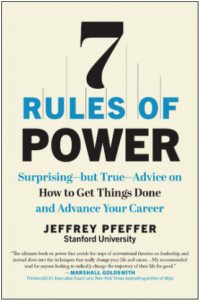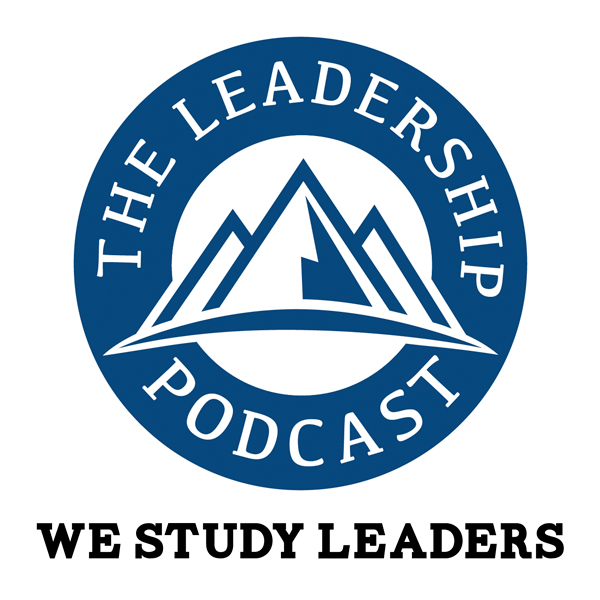 A few years ago, I interviewed Stanford professor Jeffrey Pfeffer who challenges conventional assumptions about leadership (click here for the episode). It was a great conversation, and one standout quote in particular was,
A few years ago, I interviewed Stanford professor Jeffrey Pfeffer who challenges conventional assumptions about leadership (click here for the episode). It was a great conversation, and one standout quote in particular was,
“The first responsibility of a leader is to keep their job. The second, is to get things done.”
It seems to me that a lot of leaders these days are too focused on what I call Team 2. That is, their immediate direct reports. They’re forgetting that power and influence within the organization comes from Team 1. That is, the team they’re on where they have peers and a boss.
Jeffrey inferred that if you can’t wield power, first, you aren’t going to be very effective at getting resources and removing obstacles for Team 2. And if you can’t wield power, someone else is going to wield power that determines your effectiveness, and your fate… whether you keep your job.
In my opinion, if we’re not already in a recession, we soon will be. The automatic reflex of organizations will be to cut costs, and when they look at the numbers, the biggest cost savings when it comes to expenses, is labor. Especially, ineffective leadership labor.
Yes – if you are paid to lead, you need to have followers; but keep in mind you also have three other constituents you must influence as well: Peers, superiors and client/partners. These days, you can’t just rely on having a kumbaya team, you have to insure your values are aligned throughout the organization via the behaviors you display – words and deeds.
 Jeffrey has a new book out I’m reading: 7 Rules of Power: Surprising–but True–Advice on How to Get Things Done and Advance Your Career. Another past podcast guest, Robert Ciladini, and author of “Influence,” had this to say about this book:
Jeffrey has a new book out I’m reading: 7 Rules of Power: Surprising–but True–Advice on How to Get Things Done and Advance Your Career. Another past podcast guest, Robert Ciladini, and author of “Influence,” had this to say about this book:
“Anyone hoping to rise within an organization needs to obtain power and, therefore, needs to read this brilliant book.”
The Seven Rules are:
- Get out of your own way.
- Break the rules.
- Show up in powerful fashion.
- Create a powerful brand.
- Network relentlessly.
- Use your power.
- Understand that once you have acquired power, what you did to get it will be forgiven, forgotten, or both.
I think these can make for great discussion within your organization. Consider answering these questions…
#2 – Is it actually OK to break the rules around here?
#3 – Can I show up in a powerful fashion, and not be perceived as a jerk?
#4 – Do I even know what my brand is today, and how do I go about changing it – intentionally?
#7 – Does the end justify the means?
These are all potentially moral questions for you – and ethical questions for the organization in which you work. The sooner you answer them, the sooner you’ll advance your career.
I’d like to leave you with a Pfeffer quote to contemplate about your own situation (and comments are always welcome):
“People who don’t have as much power as they would like often begin by attributing their difficulties to the environment – competitors, bosses, economic circumstances, and so forth.”
~~~~~
Jan Rutherford is an executive coach, keynote speaker, and LinkedIn Learning Instructor. An author, former Green Beret, and founder of Self-Reliant Leadership® – he also leads Crucible® wilderness expeditions with executives and military veterans.






